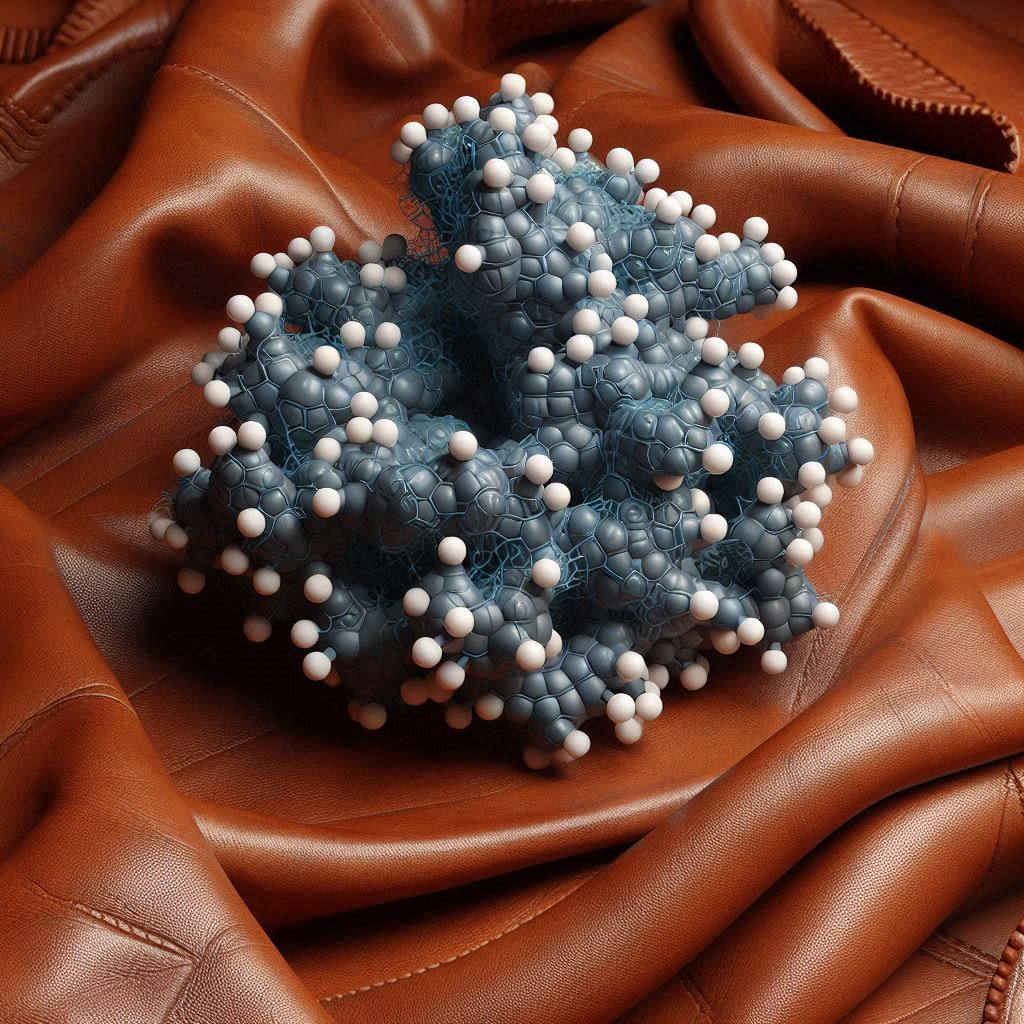LW-SOAK Enzyme Manufacturer:
We specialized in manufacturing and supplying world-class leather enzymes in the market of India. Strong networks of Wilton Bioscience emerge as a leading manufacturer, exporter, and supplier of leather enzymes for indian and overseas market.
LW-SOAK Alkaline Protease is a specialized enzyme used in the leather industry, particularly during the soaking and scouring processes of raw hides and skins. This enzyme is designed to break down proteins in the hides and skins, such as collagen, which are responsible for the toughness and rigidity of raw leather. By targeting these proteins, LW-SOAK Alkaline Protease helps to soften and loosen the fibers, making the leather more pliable and easier to process for further stages of leather manufacturing. It is formulated to perform effectively under alkaline conditions, which are commonly used during the soaking phase.
Key Benefits:
- Effective Protein Breakdown: LW-SOAK Alkaline Protease efficiently breaks down protein molecules like collagen and elastin found in raw hides and skins. This action helps to soften and loosen the fibers, allowing for easier and more uniform processing throughout the tanning and leather production stages.
- Improved Leather Quality: By breaking down unwanted proteins in the hide, this enzyme improves the quality of the leather by enhancing its softness, flexibility, and texture. It ensures that the leather is less rigid and more suitable for high-quality end products such as garments, upholstery, and accessories.
- Enhanced Scouring Efficiency: In the soaking process, LW-SOAK Alkaline Protease accelerates the removal of impurities such as dirt, grease, and residual fats from the raw hides. This enzyme helps to achieve cleaner hides, which is essential for achieving high-quality leather products.
- Reduced Chemical Usage: The use of LW-SOAK Alkaline Protease can reduce the reliance on harsh chemicals during the soaking and scouring stages. This not only makes the process more environmentally friendly but also minimizes the potential negative impacts on the leather and the surrounding environment.
- Sustainability in Leather Production: This enzyme is part of a broader trend towards sustainable and eco-friendly practices in the leather industry. By enhancing the efficiency of the soaking and scouring steps, it can reduce the need for water, chemicals, and energy, contributing to a more sustainable leather manufacturing process.
Application:
LW-SOAK Alkaline Protease is primarily used in the soaking and scouring phases of leather production, where raw hides and skins are prepared for further tanning or finishing. The enzyme is especially valuable for processing hides that have a high protein content or are particularly tough and difficult to handle. By incorporating LW-SOAK Alkaline Protease, leather manufacturers can improve the consistency of the hides, enhance the softness and flexibility of the leather, and reduce the overall environmental impact of the soaking and scouring processes.
Additionally, this enzyme is beneficial in improving the overall yield of leather production, as it helps to break down proteins without damaging the hide’s structural integrity. It can also be used in various stages of leather production, from pre-tanning to post-tanning, ensuring that leather products meet the desired quality standards and performance characteristics.
Incorporating LW-SOAK Alkaline Protease into the leather production process helps optimize the soaking and scouring steps, improve leather quality, reduce chemical usage, and contribute to a more sustainable and efficient production cycle. It is a key tool for the modern leather industry, which increasingly focuses on sustainability and quality.
